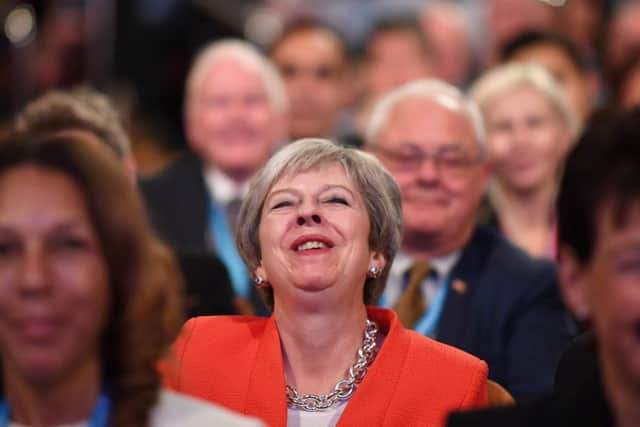Leader comment: Tories in chaos as we head off a Brexit cliff
But one cannot observe the hopeless division in the Conservative Party for long without the appalling reality becoming apparent. In Mrs May, we have a Prime Minister who campaigned for the UK to remain in the EU attempting to polish and deliver a Brexit policy which she believes will harm the economy. She is “supported” in this mission by colleagues who believe that any compromise with the EU would represent a grave betrayal of the will of the British people.
While Mrs May seeks to reach a mutually acceptable agreement with the EU, many of her colleagues believe only a No-Deal Brexit – with all of its potential negative implications – will do.
Advertisement
Hide AdAdvertisement
Hide AdWhile the prospect of a second referendum – a so-called “People’s Vote” – remains distant, we have little option but to hope the battling tribes of the Tory Party can find some common ground before the UK departs the EU on 29 March.


Enter – or, rather, re-enter – former foreign secretary Boris Johnson.
Mr Johnson, a leading figure in the Leave campaign in 2016, made sure he grabbed the headlines on the first day of the Conservative Conference in Birmingham by describing the Prime Minister’s Brexit policy was “deranged” and “preposterous”.
This was typically colourful language from a politician more showman than statesman but it added nothing to the sum of human knowledge on Brexit.
Mr Johnson, whose ambition to become prime minister he is unable to wear lightly, went on to suggest a number of policy ideas including a bridge to Ireland. How such a structure might address any of the many and varied problems thrown up by Brexit remains unclear.
His frequent interjections seem to us to be more about maintaining his profile than about providing constructive assistance. We daresay voters will feel similarly.
He had two years in cabinet to come up with workable suggestions to make a success of Brexit. Having failed to do so, he should now consider a period of quiet reflection.